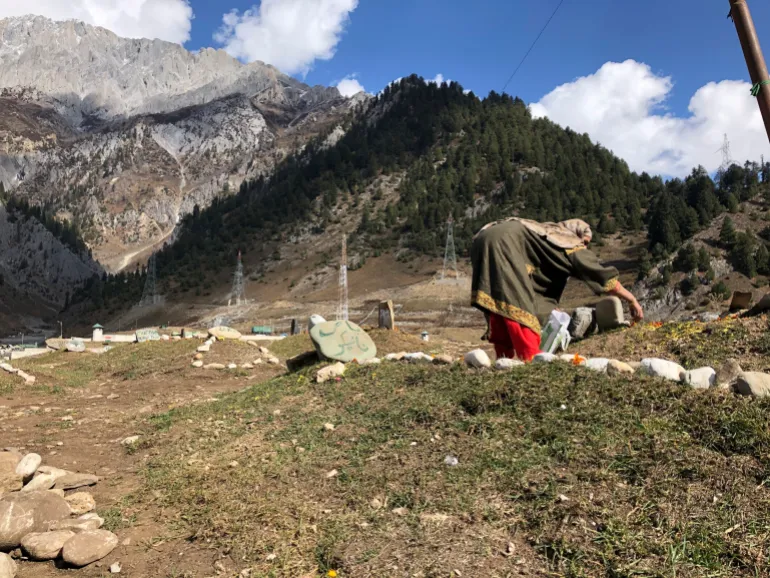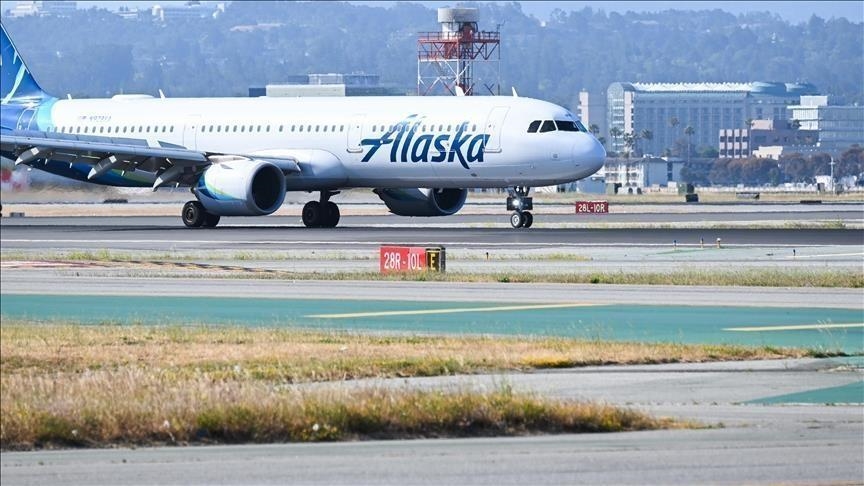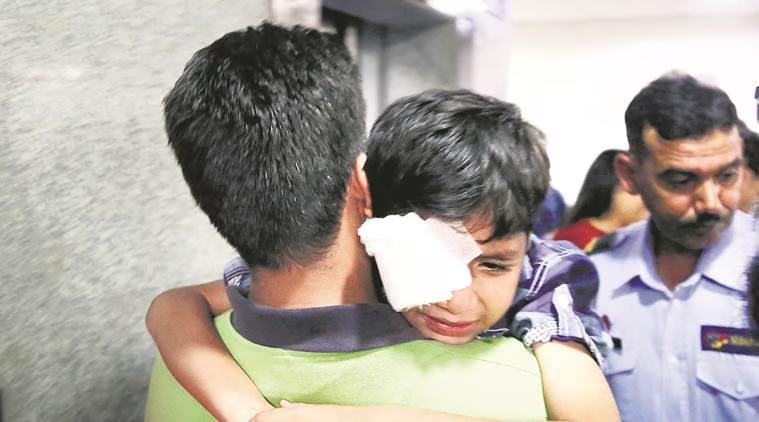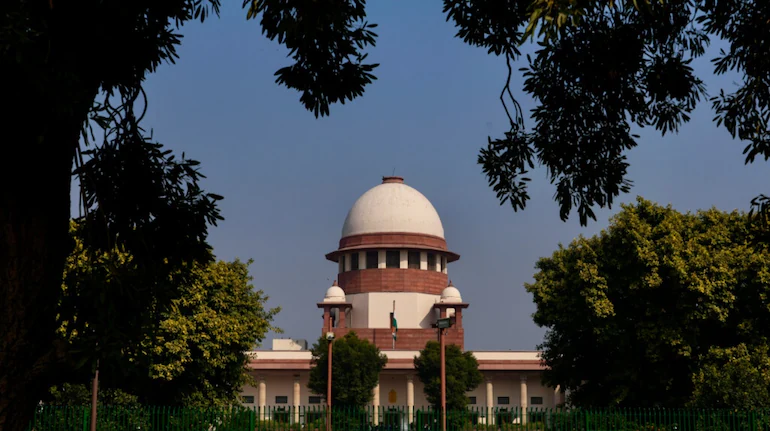Now Reading: Unidentified Graves in Kashmir Spark Debate on Militancy and Human Rights
-
01
Unidentified Graves in Kashmir Spark Debate on Militancy and Human Rights
Unidentified Graves in Kashmir Spark Debate on Militancy and Human Rights

A recent survey in Kashmir has revealed around 60 unidentified graves, with findings suggesting that most of them belong to foreign militants. Only a small fraction appear to be of local civilians, raising fresh debates over militancy, human rights, and accountability in the Valley. The issue has drawn attention from both security experts and civil society groups, reflecting the region’s complex and sensitive ground realities.
The graves, located in remote areas, have been documented by a local non-governmental organisation that has been tracking cases of unidentified burials for years. According to their assessment, nearly 99 percent of the bodies are of non-local fighters who crossed into Kashmir in past decades. This detail shifts the long-standing narrative that unidentified graves mainly housed local victims of conflict.
For the people of Kashmir, the matter remains deeply emotional. Families of missing individuals still live with uncertainty, unsure whether their loved ones are among those buried without names. Civil society organisations argue that transparent investigations are essential, not just for historical clarity but also for healing the wounds of those directly affected.
Security officials maintain that the graves largely validate their claims about the infiltration of foreign militants, particularly during the peak of insurgency in the 1990s and early 2000s. They believe this evidence highlights the role of external networks in fuelling unrest, which continues to affect local communities even today.
The revelation has once again put the spotlight on accountability and the need for independent inquiries. While the debate unfolds, ordinary people, especially in smaller towns and villages, remain caught between conflicting narratives. Their demand is simple: truth, closure, and peace after decades of turbulence.
The discovery of these graves not only points to the violent past of Kashmir but also underlines the importance of a balanced approach that respects both security concerns and human rights. As discussions continue, what stands out is the urgent need to ensure that history is acknowledged while building trust for the future.

























